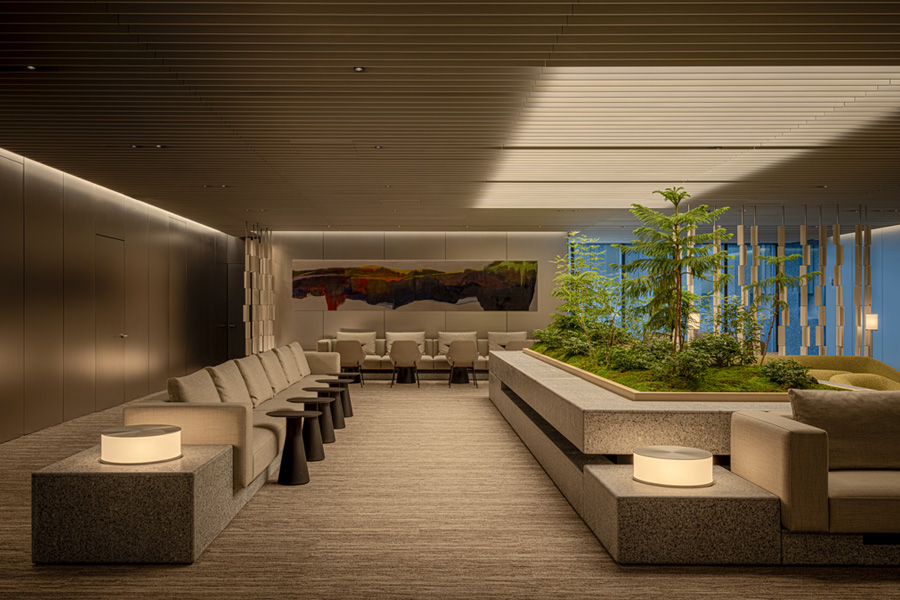José Andrés steps up once again to provide food and water during Election Day, F&B businesses get creative in order to open safely, and architects rethink educational spaces in light of COVID-19. All this and more in this week’s Five on Friday.
F&B businesses get creative in order to safely reopen

The New York Times surveyed several F&B businesses that fall outside the traditional restaurant or bar setup about their strategies for resuming operations. These venues include wineries, breweries, distilleries, farm stays, food halls, and more. In California’s Sonoma County, Flowers Vineyard, which reopened on June 12th, is requiring guests to make reservations for a two-hour slot and prepay online. “You’ll be guided to your designated patio seating. At each person’s table, you’ll have a bottle of wine, an ice bucket if needed, and food pairings from our restaurant partners,” says the winery’s GM Stephanie Peachey. “We’re trying to figure out how we can provide a low-contact experience that’s still meaningful.”
For your weekend reading list…

Out now: Our June issue is all about moving forward. “Considering social distancing is at the heart of COVID-19, hospitality has been one of the hardest hit markets,” writes editor in chief Stacy Shoemaker Rauen in her edit letter, “and in response, we pivoted this issue of HD to focus on hotels—with an eye on the future, so that we could dive into how we will reboot.” Within the pages of the issue, we examine the state of the cruise, restaurant, and hospitality industries as they navigate our new reality; check-in with hospitality leaders on their COVID-19 recovery forecast; and share 10 hotly anticipated hotels—including Aman New York, NoMad London, and Pendry West Hollywood—coming online through 2021. To read the full issue, click here.
Shedding light on Black travelers’ experiences

While the travel and hotel industries anticipate an uptick in road trips and drive-to destinations this summer due to the uncertainties associated with COVID-19, a recent article by The New York Times says these trips are, and historically have been, different for the Black community. From meticulously planning routes to avoid stops to carefully selecting the type of car, Black travelers take extra precautions in order to stay safe. “Travel is supposed to be a reprieve from all the hard things we are usually dealing with, but it often doesn’t feel that way for us,” says Damon Lawrence, cofounder of Homage Hospitality. “Having to constantly be on high alert adds extra anxiety, and it’s always hard, but right now, it’s an exhausting task to even leave the house, let alone go on a road trip.”
Predictions for the design and layout of schools post-COVID-19

HD has previously reported on how hotels, restaurants, and office spaces will look different on the other side of COVID-19, but what about educational institutions? According to Dezeen, Dubai-based design studio Roar enlisted 10 professionals for a focus group to determine potential solutions, including increased flexibility, the rejection of “vanity projects,” and creating a longterm legacy. “We now have an opportunity to retool and re-energize schools and schooling so that it looks very different than the places we all learned in with rows upon rows of classrooms, each with one teacher gamely struggling to impart knowledge to an increasingly disinterested audience,” says school architect Prakash Nair.
Chef José Andrés steps up once again

In April, chef José Andrés and his nonprofit organization World Central Kitchen, which he established in 2010, partnered with celebrity chefs to help feed the country while it battled the peak of the coronavirus outbreak. Now, the Spain native took to Twitter to announce that he would offer food and water and set up restrooms for voters on Election Day. This was prompted after images taken in Georgia revealed long lines and voting issues at polling locations that predominately impacted minority voters, reports NBC News.



